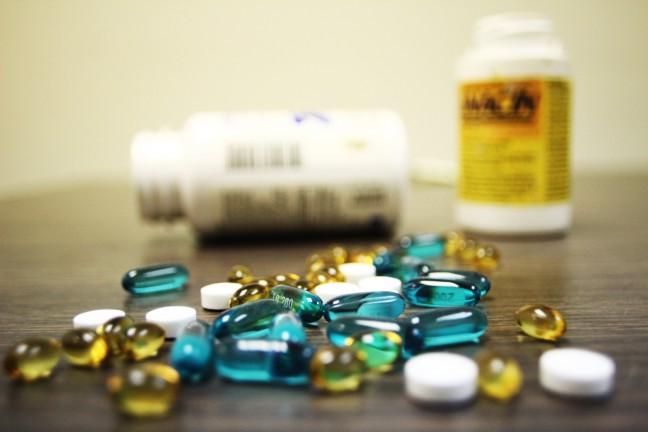The University of Wisconsin is once again making headlines as the pandemic progresses. From having one of the first COVID-19 cases in the country, to now working on anti-COVID-19 pills, the university has remained at the forefront of battle against the pandemic.
Yoshihiro Kawaoka is a leading virologist at the UW School of Veterinary Medicine and is testing the effectiveness of antiviral pills against multiple strains of the virus, including Omicron — the most recent and prominent strain.
A recent article from Reuters boasts about the effectiveness of Merck’s COVID-19 pill, Molnupiravir, against the omicron variant. While there have not been studies in humans yet, the pill’s mechanisms are believed to be effective in reducing the severity of illness in many at-risk Omicron patients.
UPDATED: ‘Large portion’ of omicron cases in Dane County identified on UW campus
If the effectiveness of these anti-COVID pills are as promising as researchers hope, they have the potential to save hundreds of thousands of lives — particularly those of individuals who may not have previously survived a COVID-19 diagnosis.
Bartho Caponi, a clinical professor of medicine in the UW School of Medicine and Public Health, warned the emergence of COVID-19 therapies and treatments does not mean people should cut back on precautions.
“The availability of effective treatments does not mean that basic precautions aren’t necessary, and specific to COVID we have seen previously effective treatments — the older monoclonal antibodies — become ineffective against a new strain,” Caponi said in an email to The Badger Herald. “We’ve seen tremendous, sustained stress on healthcare, and across the country people have had needed care delayed due to that stress.”
In addition to saving lives, these anti-COVID pills may help to take some of the pressure off of overwhelmed hospitals and ICUs across the country. With many hospital ICUs at capacity, the healthcare system is under constant stress.
Caponi said the best way to alleviate the spread and severity of the disease remains vaccination.
“Vaccination is very important, and booster shots are critical at present,” Caponi said. “Get vaccinated, and get boosted.”













